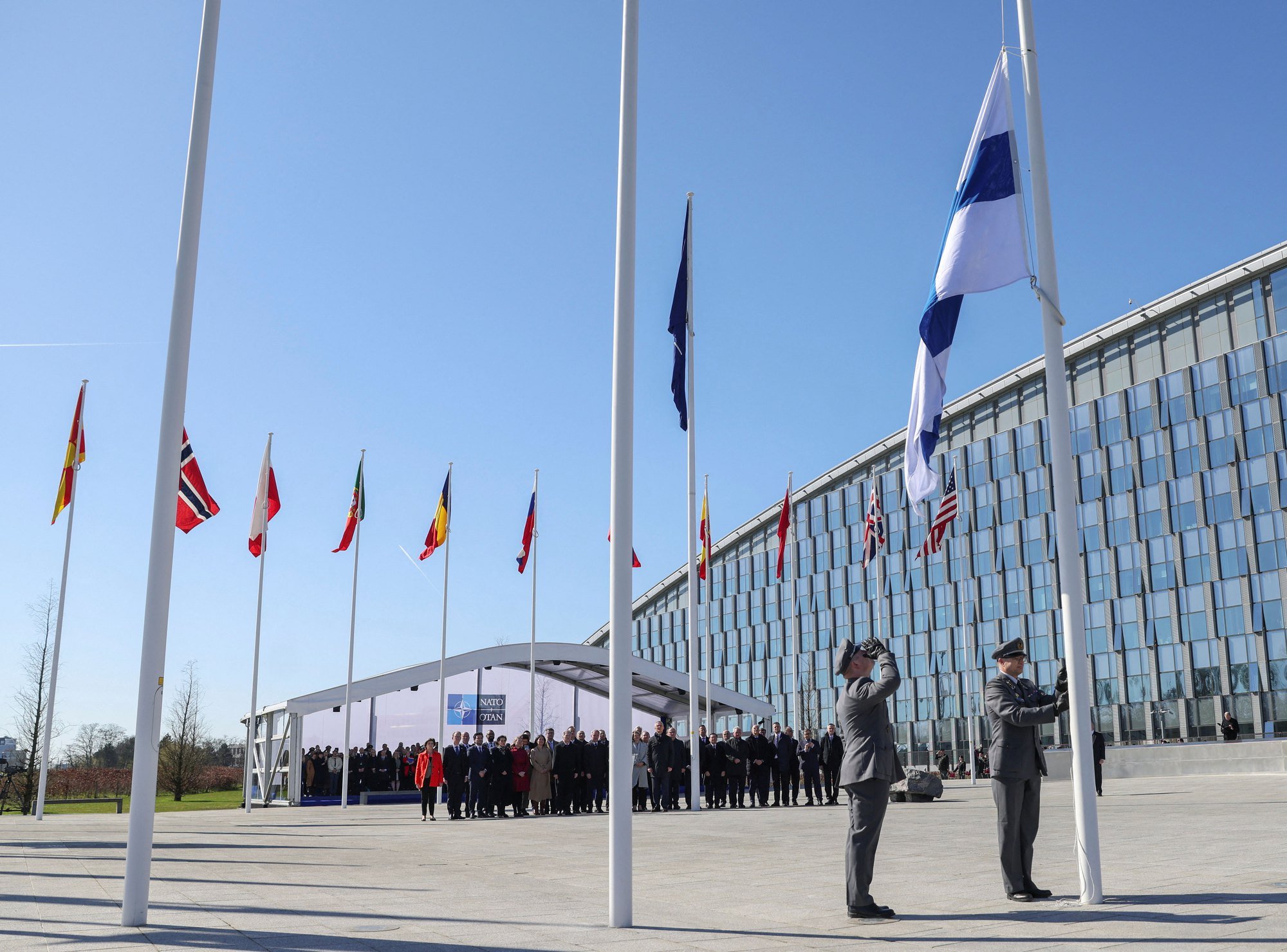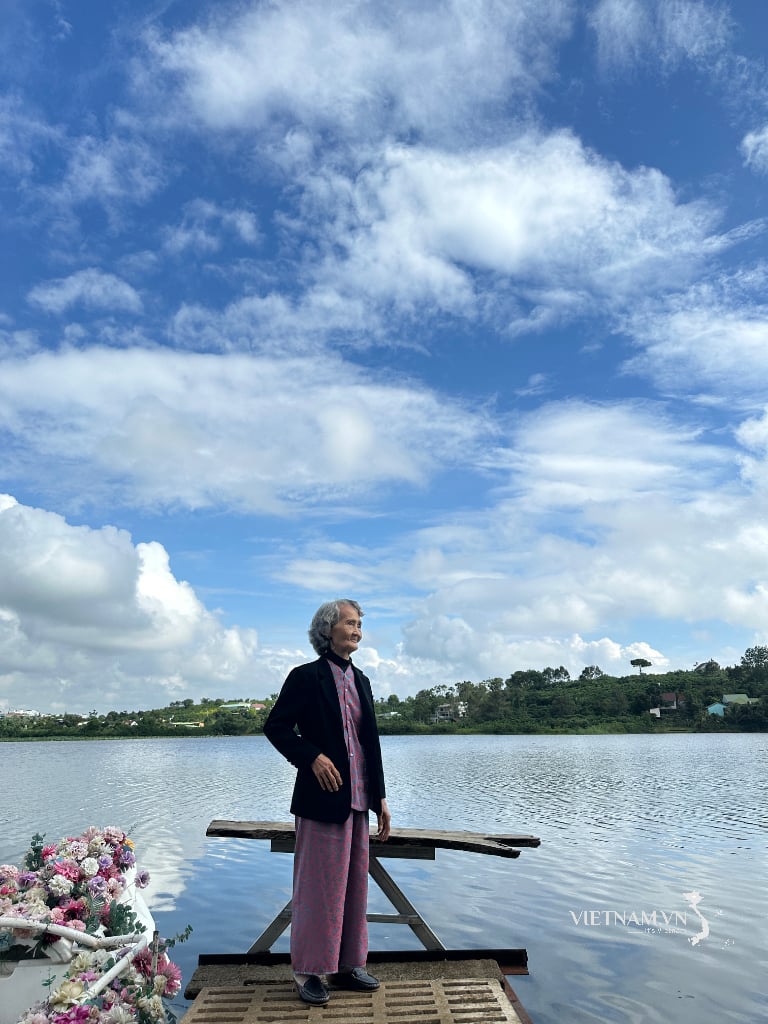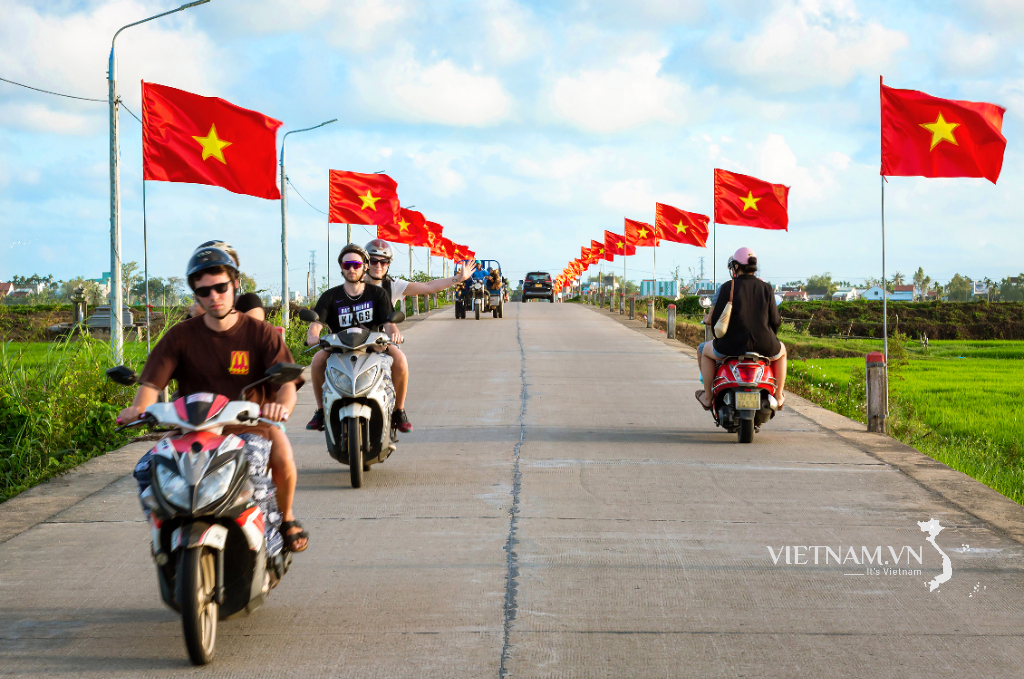In its ninth expansion, NATO admitted Finland as its 31st member on April 4th. Finland's joining NATO – and possibly Sweden's soon – is particularly noteworthy and has the most significant impact on world politics and security in Europe, as both countries are abandoning their traditional neutrality to join the military alliance.
NATO and Finland justify this alliance expansion by citing the need to respond to security challenges and threats from Moscow, using Russia's military campaign in Ukraine as the most recent example. Finland advocates for shelter under the NATO security umbrella, arguing that its traditional policy of neutrality can no longer guarantee its security.
NATO also intends that, with the addition of Finland, the military alliance will gain more strength and power to better ensure the security of its members, to consolidate and strengthen its political, military, and security position, role, and influence in Europe, and to counter Russia more effectively.
For NATO, confronting Russia means preventing Moscow from challenging and threatening the security of member states. Another objective is to contain Russia in the power struggle for influence and political role in the world between the West and Moscow, and in the military and security game in Europe between NATO and Russia. Historically, in every expansion of the alliance, NATO has always acted according to the principle of "increasing quantity to increase quality."

The Finnish flag was raised at NATO headquarters in Brussels, Belgium, on April 4, marking Finland's membership as the 31st member of NATO. (Photo: REUTERS)
With the addition of new members, NATO has increased its strength in certain areas. In its fourth expansion in 1999, NATO admitted for the first time three former Warsaw Pact members (excluding the former East Germany within a unified Germany): Poland, the Czech Republic, and Hungary; in its fifth expansion in 2004, it admitted other former Warsaw Pact members in Central and Southern Europe as well as the three Baltic states, creating an arc encircling Russia from the south.
Now with the addition of Finland, NATO has almost completed both its approach to the Russian border and its encirclement of Russia in the north. Finland brings with it over 1,300 km of shared border with Russia, nearly doubling the length of the alliance's existing shared border. NATO has created not only a new political, military, defense, and security landscape but also a new strategic position disadvantageous to Russia.
NATO's expansion also demonstrates its increasing support for Ukraine in its conflict with Russia. It also shows NATO's determination to help Ukraine win and prevent Russia from winning the conflict.
The inevitable consequence of NATO's intention to "increase both quantity and quality" in this matter is that Russia will react strongly and resolutely, as it cannot help but consider its security to be seriously threatened. Relations between Russia and NATO, and with Finland, will become even more strained and complicated, making reconciliation even more difficult.
Furthermore, Russia will have to increase its resolve to win the conflict in Ukraine. The political and security situation in Europe will become even more complex and easily spiral out of control for all parties involved.
Source



![[Photo] Announcement Ceremony of the Art Program “Light Concert – Welcoming the New Year 2026”](/_next/image?url=https%3A%2F%2Fvphoto.vietnam.vn%2Fthumb%2F1200x675%2Fvietnam%2Fresource%2FIMAGE%2F2026%2F01%2F27%2F1769514762857_le-cong-bo-ct-hoa-nhac-anh-sang-1772-9042-jpg.webp&w=3840&q=75)




















































![[Hightling] Conference on the Implementation of Tasks for 2026](/_next/image?url=https%3A%2F%2Fvphoto.vietnam.vn%2Fthumb%2F402x226%2Fvietnam%2Fresource%2FIMAGE%2F2026%2F01%2F27%2F1769477856197_dsc01637.jpeg&w=3840&q=75)





































![OCOP during Tet season: [Part 2] Hoa Thanh incense village glows red.](/_next/image?url=https%3A%2F%2Fvphoto.vietnam.vn%2Fthumb%2F402x226%2Fvietnam%2Fresource%2FIMAGE%2F2026%2F01%2F27%2F1769480573807_505139049_683408031333867_2820052735775418136_n-180643_808-092229.jpeg&w=3840&q=75)
![OCOP during Tet season: [Part 1] Ba Den custard apples in their 'golden season'](/_next/image?url=https%3A%2F%2Fvphoto.vietnam.vn%2Fthumb%2F402x226%2Fvietnam%2Fresource%2FIMAGE%2F2026%2F01%2F26%2F1769417540049_03-174213_554-154843.jpeg&w=3840&q=75)








Comment (0)